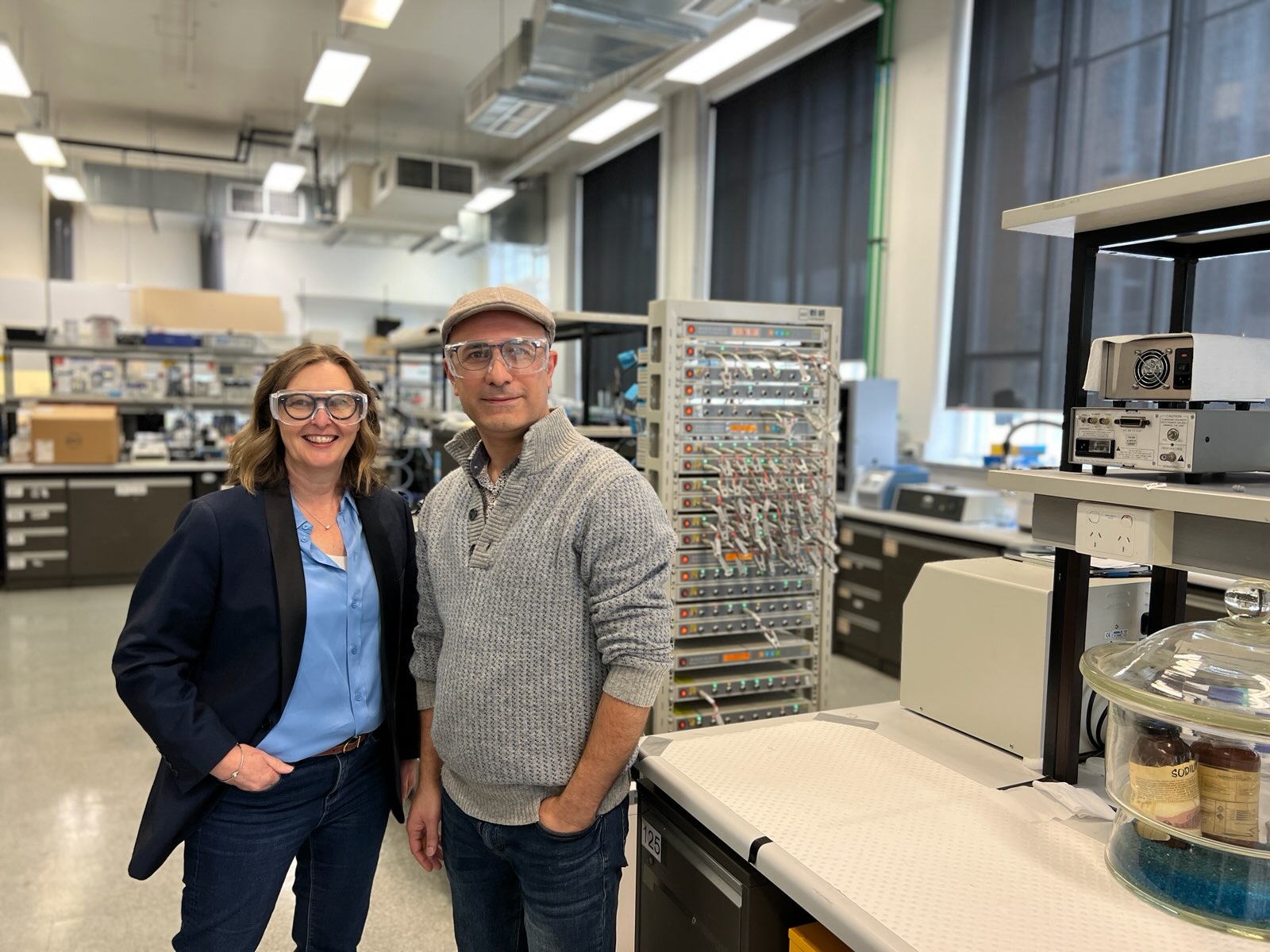
First NETA Cohort Announced

A novel way to manufacture synthetic graphite for lithium-ion batteries and a new process for converting atmospheric carbon into sustainable aviation fuel are just some of the transformative solutions that will be supported by the inaugural National Energy Transition Accelerator (NETA) which today announced the nine teams selected for the program.
Supported by the Resources Technology and Critical Minerals Trailblazer and developed in partnership with The University of Queensland and James Cook University, Curtin University has designed the 8-week accelerator in consultation with expert facilitator Matt Macfarlane to build research-backed, scalable, commercially successful enterprises.
“The breadth of energy transition applicants that put themselves forward for the program was wonderful to see. Teams ranged from established companies to early-stage researchers and I am looking forward to crafting and then delivering on their respective goals for the program,” said Mr Macfarlane.
Teams will each receive a $10,000 equity free grant, access to local, national and global energy leaders, exposure to potential customers and partners, as well as in-depth commercialisation knowledge on how to build scalable companies.
The nine teams in the 2024 National Energy Transition Accelerator cohort include:
- Biobead: Based out of The University of Queensland, this team are developing a new way to treat mining wastewater using hydrogel beads encapsulating microorganisms that remove pollutants.
- Carbophite: Based out of the University of Melbourne, this team are developing a method of carbon-coating anode materials to extend the life of lithium batteries and supercapacitors.
- Decarbonators: This team have developed a process to convert greenhouse gases into valuable transportation fuels whilst also reducing process footprint and the energy consumption needed for their generation.
- Dryad Enterprises: The team at Dryad have developed a fully automated system that produces the perfect growth environment for microbes to convert CO2 into biofuels.
- Electro Base: Electro Base are designing and building the next generation of energy storage and management solutions for remote businesses.
- Hydrobe: Harnessing the natural capabilities of microalgae for cleaner energy production, Hydrobe® utilises a biologically driven process that captures more carbon dioxide than it emits.
- Nepternal Hydrogen: One of the four protoventures being supported by the Curtin Venture Studio, the team at Nepternal have developed a high-efficiency hydrogen production electrolyzer using unpurified water sources.
- RapidGraphite: Also supported by the Curtin Venture Studio, this team have developed a catalytic graphitisation technology to produce synthetic graphite essential for lithium battery production.
- Watts & Fisher: This team based in Perth have developed a process that uses a recyclable liquid to break down ores 20 times faster than the conventional method, reducing costs and chemical waste significantly.
Woodside Energy are the official Program Partner with technology and innovation playing a crucial role in their pursuit to achieve net zero for their direct emissions by 2050. As Program Partner, Woodside’s engagement will involve connection, validation opportunities and support for teams that increase productivity of the resources sector.
The first NETA cohort will convene in June for the commencement of the program.
Latest News & Events


Trailblazer welcomes Resource Capital Funds MD to Board
